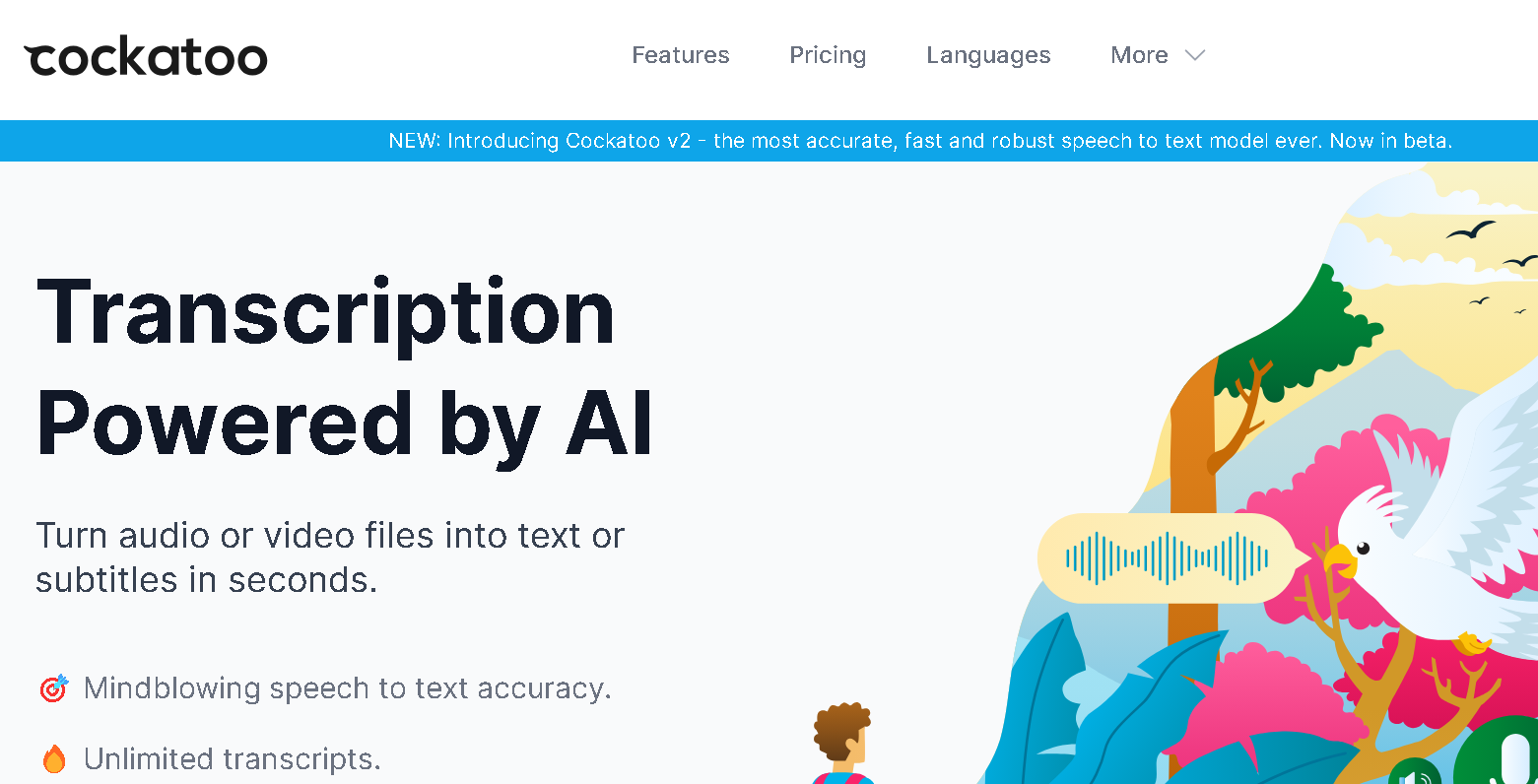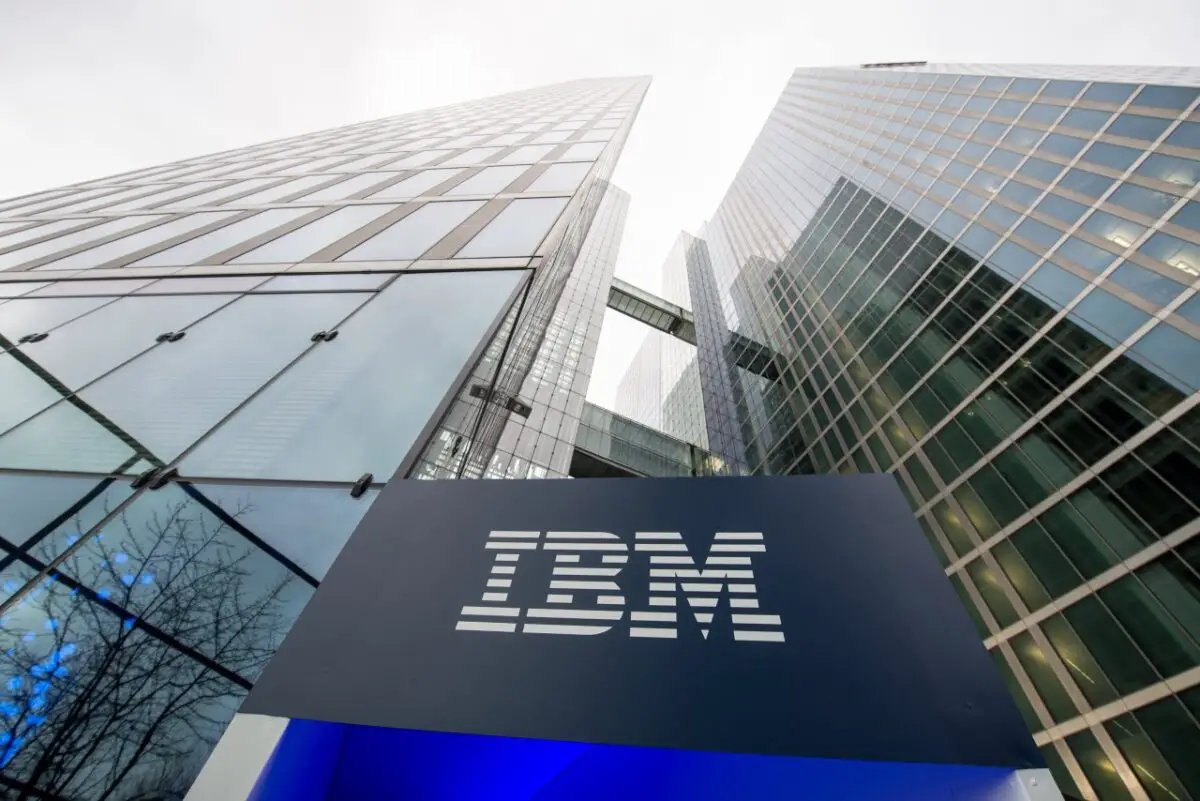Artificial Intelligence (AI) has developed quickly from a sci-fi idea to a vital technology that is revolutionizing several sectors worldwide. AI is having an increasing impact on a variety of industries, from manufacturing and entertainment to healthcare and banking. This article examines how the most recent developments in AI could change a number of sectors.

1. Natural Language Processing (NLP) and Conversational AI
Recent Advancements:
NLP has seen significant advancements with models like OpenAI’s GPT-4, Google’s BERT, and Microsoft’s Turing NLG. These models excel at understanding and generating human-like text, making them essential for chatbots, virtual assistants, and automated content creation. Conversational AI is becoming increasingly sophisticated, capable of understanding context, sentiment, and even generating coherent narratives.
Impact on Industries:
- Customer Service: Companies are utilizing AI-powered chatbots for round-the-clock support, minimizing reliance on human agents and speeding up response times.
- Healthcare: NLP is being used to analyze clinical notes, aiding in diagnostics and personalized treatment plans. It also helps in processing large volumes of patient data, making it easier to derive insights.
- Marketing: AI is revolutionizing content creation, enabling companies to generate personalized marketing messages at scale, enhancing customer engagement.
2. Computer Vision and Image Recognition
Recent Advancements:
Computer vision technology has made leaps in object detection, facial recognition, and image classification, driven by advanced deep learning models. The integration of AI with edge computing has enabled real-time processing of visual data, expanding the applications of computer vision.
Impact on Industries:
- Retail: AI-driven cameras monitor shelves, track inventory in real-time, and analyze shopper behavior to optimize layouts.
- Healthcare: AI helps detect diseases early by analyzing medical images like X-rays, MRIs, and CT scans. This is particularly impactful in diagnosing conditions like cancer at early stages.
- Manufacturing: AI-powered image recognition boosts quality control by detecting defects on assembly lines, reducing waste and increasing efficiency.
3. Autonomous Systems and Robotics
Recent Advancements:
Autonomous systems like self-driving cars and drones are advancing with AI, sensors, and real-time data, while robotics now handles complex, adaptive tasks.
Impact on Industries:
- Transportation: Autonomous vehicles are poised to revolutionize logistics and public transportation, potentially reducing accidents and optimizing fuel efficiency.
- Agriculture: AI-driven drones and robots enhance precision farming by monitoring crops, optimizing irrigation, and harvesting, boosting yields while conserving resources.
- Warehousing and Logistics: AI and robotics streamline sorting, packaging, and inventory management, cutting costs and speeding up deliveries.
4. AI in Healthcare
Recent Advancements:
AI is rapidly expanding in healthcare, using machine learning models to predict disease outbreaks, tailor treatments, and develop new drugs. The integration of AI with genomics and personalized medicine is opening new avenues for precision healthcare.
Impact on Industries:
- Diagnostics: AI-driven tools are helping doctors diagnose diseases more accurately and faster, especially in fields like radiology and pathology where analyzing images and samples is crucial.
- Drug Discovery: AI is accelerating drug discovery processes by analyzing vast datasets to identify potential compounds, significantly reducing the time and cost involved in bringing new drugs to market.
- Patient Care: AI is enhancing patient monitoring systems, predicting potential health issues before they become critical, and assisting in surgery with AI-guided robotic systems.
5. AI in Finance
Recent Advancements:
AI in finance is becoming more sophisticated with the use of predictive analytics, algorithmic trading, and fraud detection systems. Companies use machine learning models to analyze large volumes of financial data, enabling predictions and optimizing investment strategies.
Impact on Industries:
- Investment Management: AI-driven trading algorithms are now outperforming human traders in speed and accuracy, optimizing portfolios based on real-time data analysis.
- Risk Management: AI is improving risk assessment by analyzing historical data, market trends, and economic indicators, enabling more accurate predictions and mitigating potential losses.
- Fraud Detection: AI is enhancing fraud detection systems by identifying unusual patterns and anomalies in financial transactions, helping institutions prevent fraudulent activities in real-time.
6. AI in Entertainment and Media
Recent Advancements:
AI is revolutionizing content creation in the entertainment industry, from generating realistic CGI in films to curating personalized content for users on streaming platforms. AI algorithms are also being used to analyze audience preferences and predict trends.
Impact on Industries:
- Content Creation: AI tools are enabling the creation of music, art, and literature, pushing the boundaries of creativity and allowing for the mass production of personalized content.
- Streaming Services: AI is central to the recommendation engines used by platforms like Netflix and Spotify, tailoring content suggestions to individual user preferences.
- Gaming: AI is enhancing game development by creating more realistic environments and characters, as well as improving player engagement through adaptive gameplay mechanics.
7. Ethical and Social Considerations
Challenges and Concerns:
As AI becomes more integrated into various industries, ethical concerns are coming to the forefront. Issues such as data privacy, algorithmic bias, job displacement, and the potential misuse of AI in surveillance and security are raising important questions.
Impact on Society:
- Privacy: The collection and use of personal data by AI systems pose significant risks to privacy, necessitating stricter regulations and ethical guidelines.
- Bias and Fairness: AI systems can perpetuate and even exacerbate biases present in their training data, leading to unfair outcomes, especially in critical areas like hiring and law enforcement.
- Employment: The automation of tasks by AI could lead to job displacement in certain sectors, although it may also create new opportunities in AI development and maintenance.

Conclusion
The advancements in AI are driving a profound transformation across multiple industries, offering unprecedented opportunities for innovation and efficiency. However, these benefits come with challenges that need to be addressed to ensure that AI’s impact is positive and equitable. As AI continues to evolve, its role in shaping the future of industries and society as a whole will only become more significant. Businesses, policymakers, and technologists must work together to harness AI’s potential while mitigating its risks, ensuring a balanced and inclusive technological future. Tech-arcis













